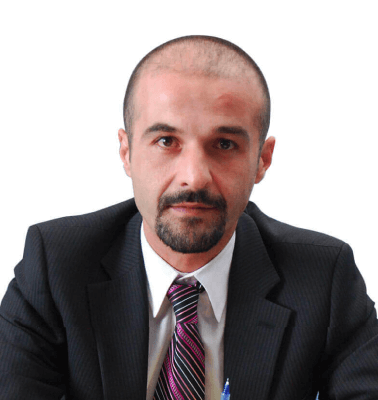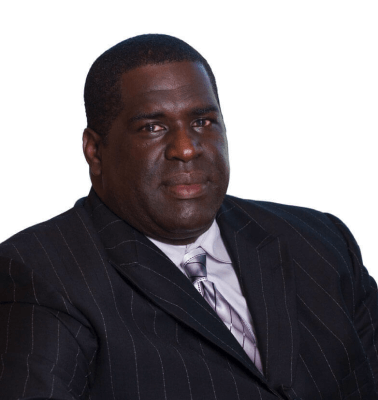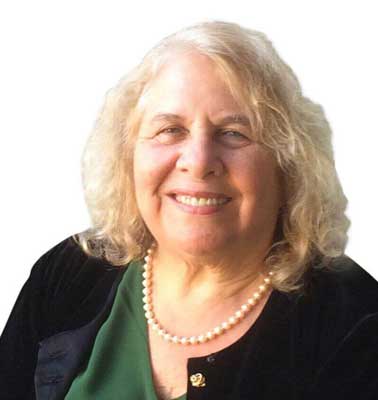Questions you may be asked about field sobriety tests at your DUI trial
If you and your DUI attorney decide that you should testify at your DUI trial, one topic you will likely be questioned about, by both your attorney and the prosecutor, is your performance on field sobriety tests (FSTs). For information on FSTs, see the articles in the field sobriety tests section of the library.
Below are some questions that a DUI defense lawyer might pose to a client about standardized field sobriety tests along with answers that a well-prepared DUI defendant might give.
Following the direct examination questions are cross-examination questions a prosecutor might pose and the DUI defendant’s answers. Notice how the defendant remains calm, never gets into an argument or confrontation with the prosecutor, and does not accuse the officer of lying.
Direct examination of the defendant by the DUI defense attorney
Preliminary questions
DUI LAWYER: John, you heard the officer testify here?
DEFENDANT: Yes.
DUI LAWYER: Do you disagree with any of the testimony?
DEFENDANT: I wouldn’t say I disagree. I just have a different take on it. My own perspective.
DUI LAWYER: Can you explain that?
DEFENDANT: Well like the tests.
DUI LAWYER: You mean the Field Sobriety Tests?
DEFENDANT: Yes, he said I failed them. I did not think so.
DUI LAWYER: How is that, are you saying the officer is lying or making this up?
DEFENDANT: NO. He never told me what he was grading so I thought I did okay.
Questions about a specific FST
At this point, the DUI defense attorney picks one field sobriety test that the client did part correctly and part incorrectly.
DUI LAWYER: Let’s take the One-Leg Stand. The officer indicated you put your foot down several times. Did you?
DEFENDANT: Yes, but he had told me if I put my foot down to pick it up and continue counting. That is what I did.
DUI LAWYER: In fact, the officer told us that. So I am confused by what you mean.
DEFENDANT: Well the officer told you I put my foot down, but he never told me it was putting the foot down that was wrong. I thought it was the counting.
DUI LAWYER: I see what you are saying. He told you to lift your foot and count, and you concentrated on the counting, not the foot.
DEFENDANT: Exactly.
DUI LAWYER: So you felt, at the time, that you had passed since you counted correctly, as the officer told us here in court?
DEFENDANT: Right.
DUI LAWYER: But, now you know it was the foot part and not the counting part?
DEFENDANT: Yes, I know that now.
DUI LAWYER: So do you think it was fair in the field to not tell you what did or did not count?
DEFENDANT: No.
DUI LAWYER: But, do you still think you passed this test?
DEFENDANT: Not now that I know what the rules are.
The defense attorney can continue like this with other FSTs. Prosecutors are taught to attack defendants on FSTs by trying to get them to conflict with the officer. The DUI defense attorney needs to clarify through the client’s testimony that there is no conflict per se, rather a misunderstanding created by a lack of information from the officer.
Physical problems affecting performance on FSTs
If you have any physical problems that could have affected your performance on field sobriety tests, your DUI attorney should ask you about them. Here are some questions a DUI defense attorney might ask of a client with physical limitations and answers that a well-prepared DUI defendant might give.
DUI LAWYER: John, you heard me tell the jury during opening that you have physical limitations that made your performance on the FSTs difficult if not impossible. Can you please tell these to the jury?
DUI LAWYER: Can you give us some more specifics?
DUI LAWYER: Okay, but didn’t the officer ask you if you were under the care of a doctor or dentist?
DEFENDANT: Yes.
DUI LAWYER: Did you bring any of this up?
DEFENDANT: No.
DUI LAWYER: Why not?
DEFENDANT: When someone asks if I am under the care of a doctor or dentist, I take it to mean regular everyday care. Like a cancer treatment patient.
DUI LAWYER: So, how often do you see a doctor about your condition?
DEFENDANT: Not often at all. I go when it acts up or for my occasional physical.
DUI LAWYER: Why so little?
DEFENDANT: Two reasons, first, it’s life; we all have pains and aches we have to deal with. Second, I don’t know about you, but I cannot afford to go to the doctor every time my back acts up.
DUI LAWYER: Well, wouldn’t it have been important to tell the officer that you had this condition so that he could use it in evaluating you?
DEFENDANT: The officer never told me why he wanted to know this. I had no clue as to what he was looking for.
DUI LAWYER: How about after the tests? Didn’t you know then?
DEFENDANT: After the tests, they arrested me. There was nothing else to say.
Cross-examination of the DUI defendant by the prosecutor
PROSECUTOR: Okay, Mr. Smith, you say you felt you did fine on the FSTs?
DEFENDANT: Not now that I know the rules.
PROSECUTOR: Well the officer told you what to do, didn’t he?
DEFENDANT: But not what counted.
PROSECUTOR: So you are saying the officer lied here in court when he told the jury he explained and demonstrated the test for you?
DEFENDANT: No, I am saying he never told me what did or did not count.
PROSECUTOR: Well he told us he takes it all into consideration. So it all counts.
DEFENDANT: But apparently some things count more than others.
PROSECUTOR: Well do you still think you passed?
DEFENDANT: It depends on how you grade it. I can see why the officer said I failed.
PROSECUTOR: You admit you failed.
DEFENDANT: I admit I did not perform the part the officer was checking the way he wanted me to.
The DUI defendant must be prepared to deflect rather than confront the prosecutor on these questions.
PROSECUTOR: Well, John, getting back to where we were, you feel that officer was wrong in arresting you based on your FST performance?
DEFENDANT: Not really, I think that I did fine, given what I was trying to do. Since I did not know the rules and he did, his arrest seems to be okay.
PROSECUTOR: So it is a matter of perception based on limited knowledge?
DEFENDANT: Correct.
PROSEUCTOR: So you have a bad back?
DEFENDANT: Like many other people.
PROSECUTOR: But you did not mention it to the officer?
DEFENDANT: I did not know the importance. I bet a few jurors also have bad backs, and none of them told the judge during the questioning.
PROSECUTOR: I am not asking about the jurors. I am asking if you told the officer you had a condition that would affect your performance on the FSTs?
DEFENDANT: I didn’t tell the officer because he never asked the question like you just did. He asked if I had any physical limitations. Not if anything would affect the FSTs.
PROSECUTOR: So, is it your testimony the officer lied when he testified he did ask you those questions?
DEFENDANT: No, I do not think the officer ever lied here in court. I am saying he did not make it as clear as you are as to why he was asking me. So I was not as clear in my answers.
PROSECUTOR: Then it is the officer’s fault?
DEFENDANT: No, it is no one’s fault. Just a lack of understanding.
Regardless of the specifics of your situation, assistance from a knowledgeable DUI attorney with your testimony is crucial. A DUI defense lawyer will know the right questions to ask and will prepare you to testify honestly but effectively about any problems you had performing the field sobriety tests.











